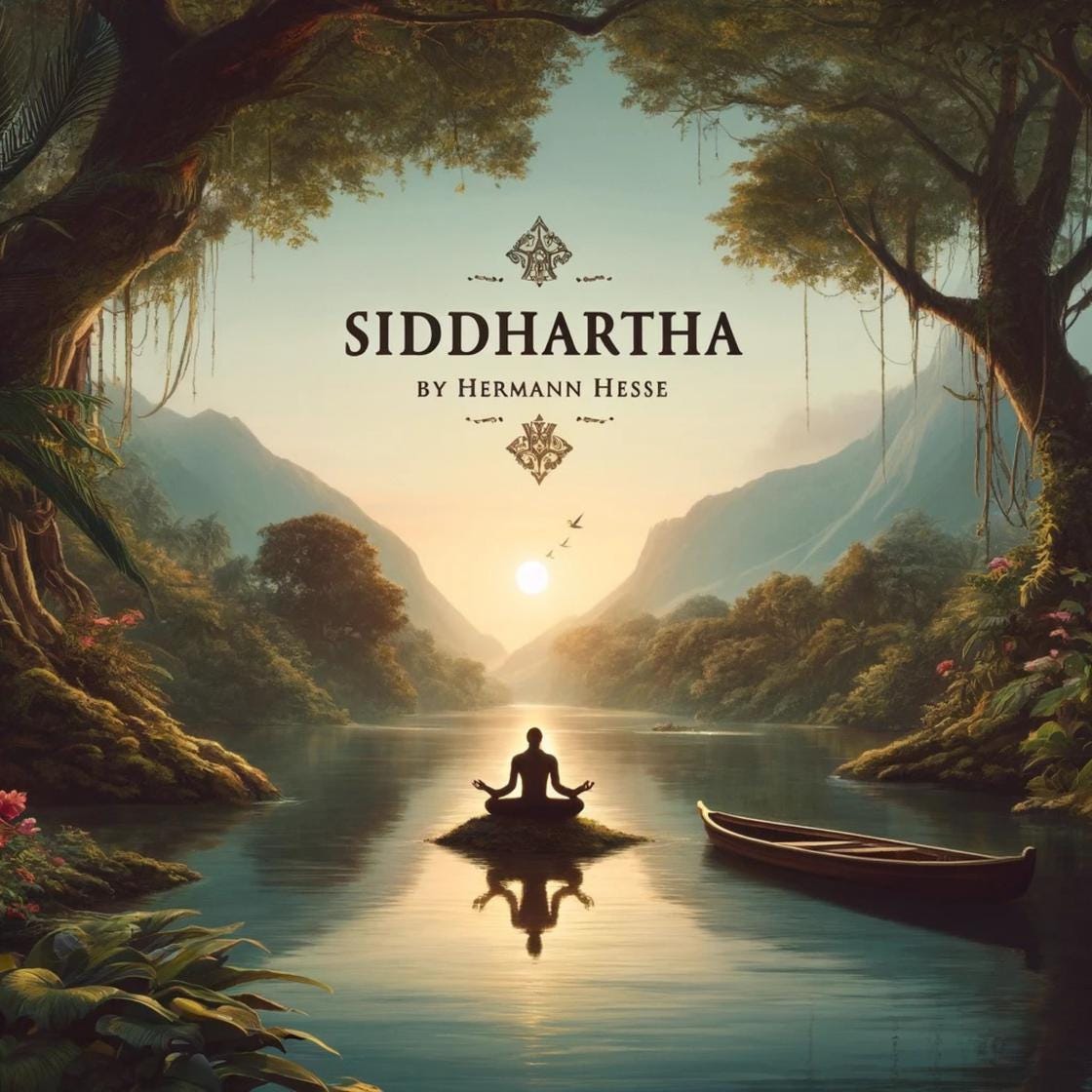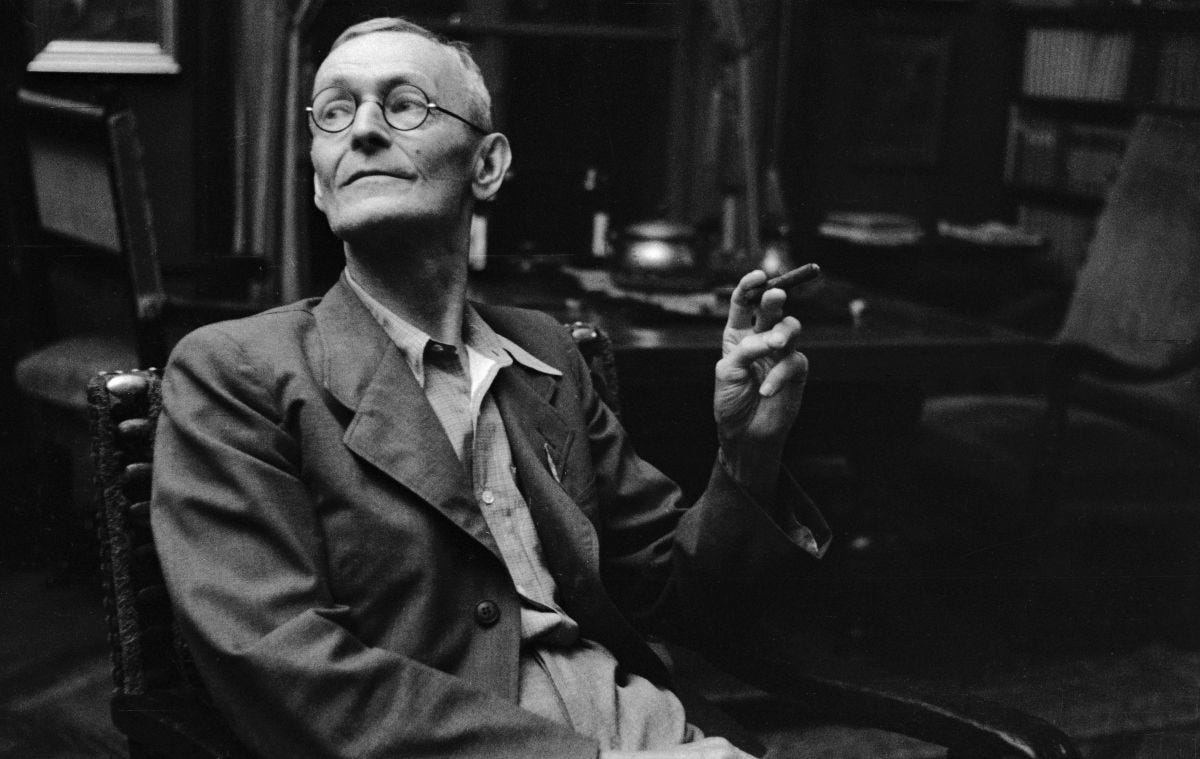Hermann Hesse's Siddhartha - then and now
A curious experience. After many years, I've reread Hermann Hesse's revered and influential novel. As ever so many others, I found it thought-provoking when I was a younger man. Today? Not so much.
It isn’t exactly rare that we read a novel a second or third time and experience it differently. For me one such example was Annie Proulx’ The Shipping News. A good friend gave it to me way back when and I read it and was left downright bored. When I read it again many years later, I was utterly blown away by the author’s language. I reread words, sentences, and they felt like fireworks to me. Have you had such experiences? If so, share them in the comments, I’d love to know.
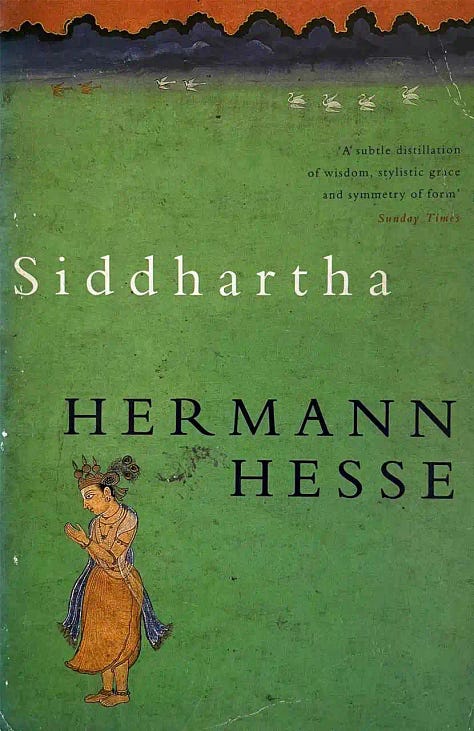
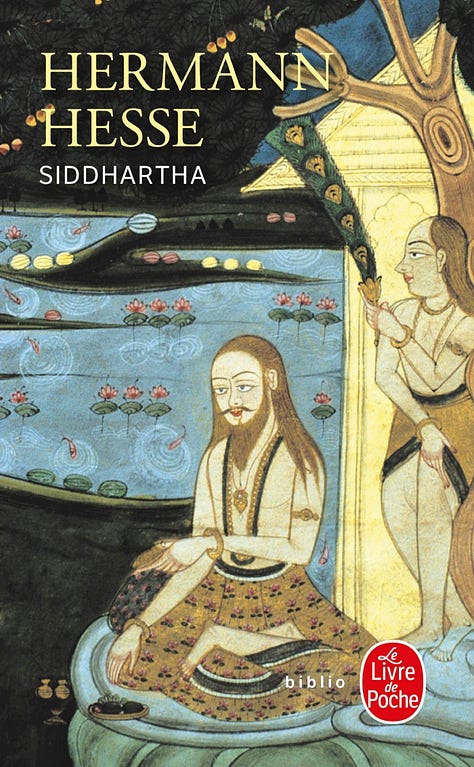
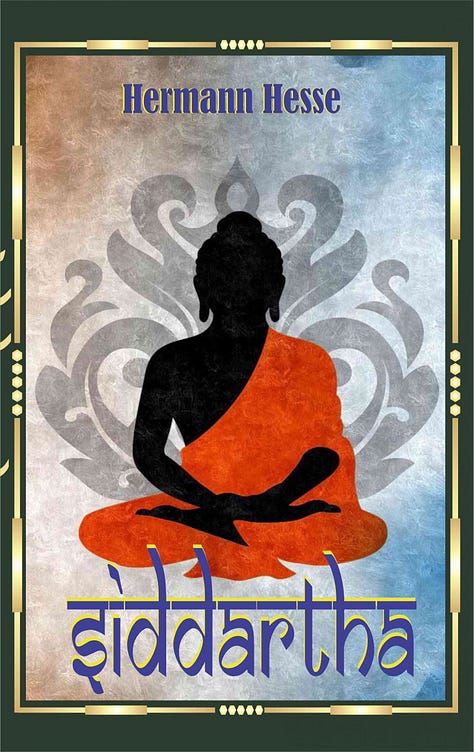
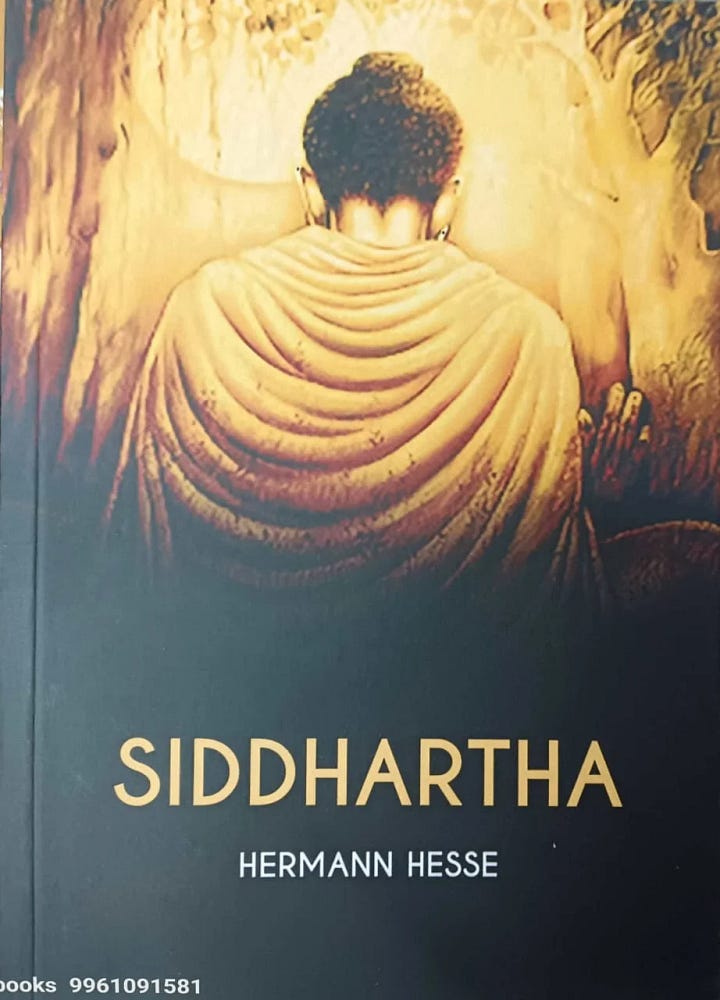
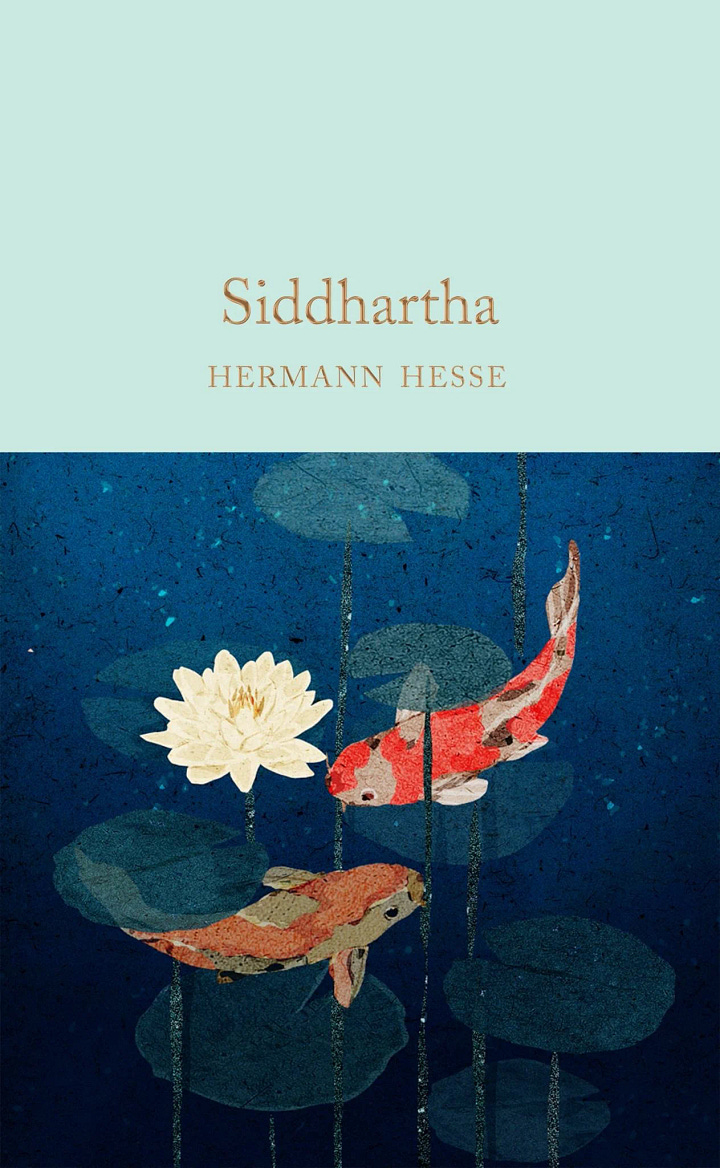
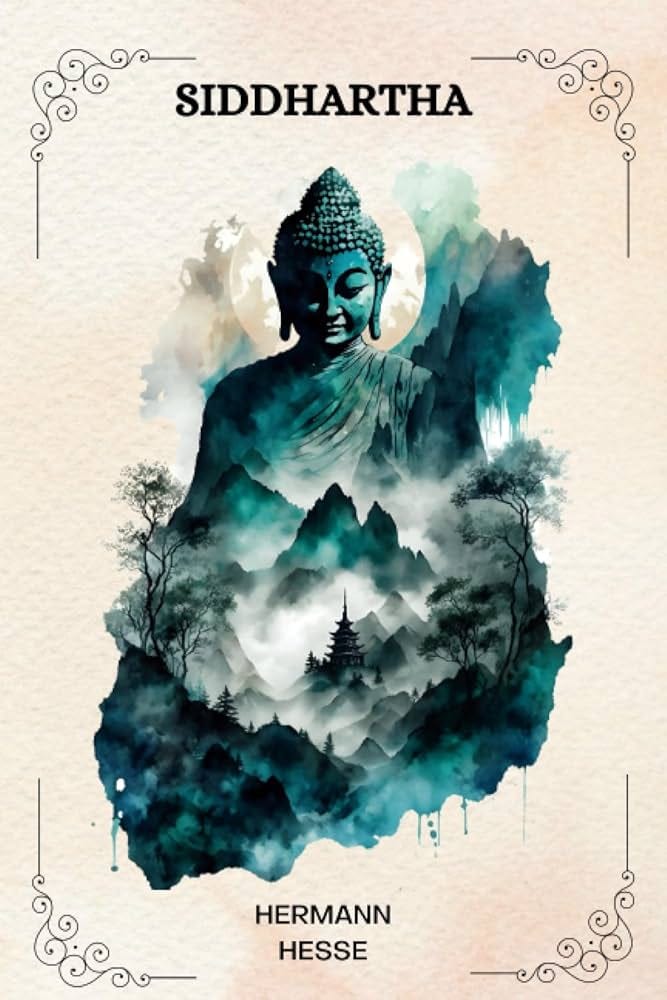
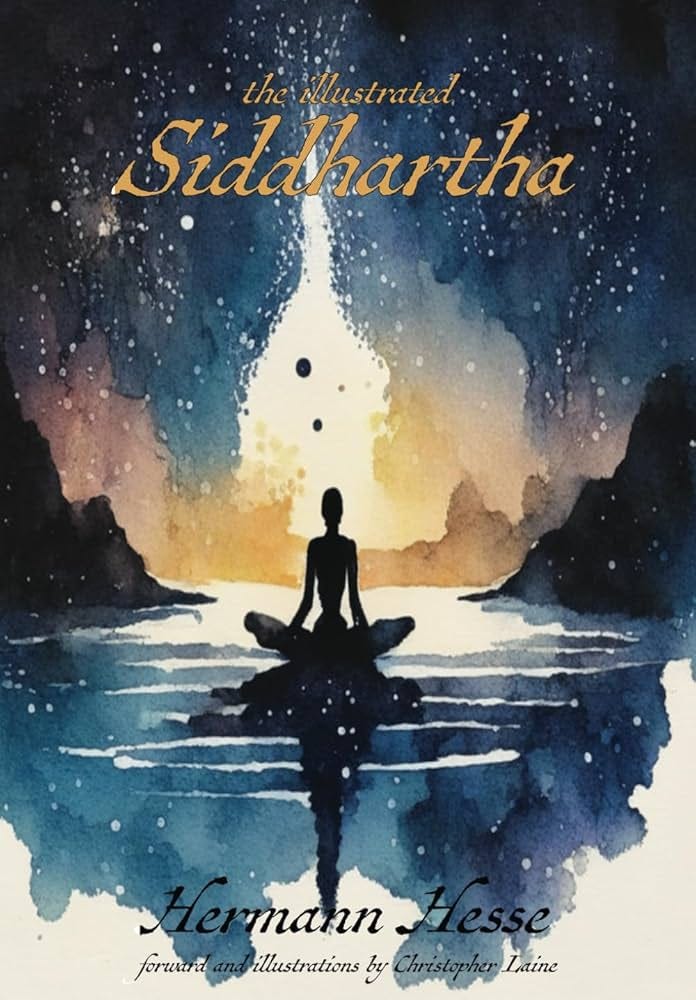
Now then, to Siddhartha, Hesse’s 1922 novel: Let me start by saying that there is absolutely nothing wrong with the tale. Just as it was with The Shipping News, the novel was unchanged - the reader however, had lived a life or two in between reads.
Hermann Hesse wrote Siddhartha out of his own search for meaning. He had immersed himself in Schoppenhauer’s work (the first Western philosopher to tackle Eastern philosophy), Indian philosophy, the Upanishads, the Bhagavad Gita. And then he basically became Siddhartha and gave us the novel of a man who searches for ultimate truths as he wanders through life, makes mistakes, learns, meets Gautama Buddha, continues to do his own thing, experiences lust, riches, gambling, nearly commits suicide and eventually discovers the ultimate truth when he no longer searches.
👉 Read the full novel here, courtesy of Project Gutenberg
When we’re young, we are that seeker. We question everything and, knowingly or unknowingly, search for that elusive meaning of life, those ultimate truths. As we get older, we continue to search - often without being aware of it. And sometimes we fill our lives with stuff and things so that we don’t have to deal with the fact that we’ve given up the search. Then it gnaws at us and with it grows our discontent. Hesse’s work became iconic for the sixties counter-culture. Timothy Leary, Mr. LSD himself, called Hesse a master-guide to psychedelia, saying:
“Before your LSD session, read Siddhartha and Steppenwolf.”
Hesse’s story of Siddhartha’s life is considered a bildungsroman, essentially a coming-of-age story. Among these are works across centuries such as Jane Eyre, Kim, The Catcher in the Rye and To Kill a Mockingbird. Widely different tales, all about experiencing, learning, growing up and growing while all of that life happens. Hesse was forty-five when Siddhartha was published and I’ve read somewhere that a life crisis had led him to explore and write Siddhartha. We’re never too old to search - or, better, to discover - even if we sometimes like to think so.
Here’s what Hermann Hesse, aka Siddhartha, comes up with toward the end of his life. Don’t worry, this doesn’t spoil the read, should you not have had the chance to read it yet. Because, you see, the novel makes the very point that knowing doesn’t equal wisdom. Throughout his life, Siddhartha questions and searches, he doesn’t trust words, not even the teachings of the Buddha, to reveal the ultimate truths.
“Wisdom cannot be imparted. Wisdom that a wise man attempts to impart always sounds like foolishness to someone else ... Knowledge can be communicated, but not wisdom. One can find it, live it, do wonders through it, but one cannot communicate and teach it.”
He, just as you and I, needs to live his own life, make his own mistakes, learn by living. All of those following the Buddha’s teachings (feel free to insert here any other wise person, guru, educator or religion) will live in the knowledge of those teachings - they will know, but wisdom will always elude them.
Here’s why Siddhartha no longer did for me what it had done the first time around. Time and time again I found myself musing that it was all pretty much obvious. It’s as simple - not simplistic, but clear - as the circle of life. Siddhartha arrives at that conclusion as an old man, after having listened to the river for many, many years. Yes, all is one and one is all and all we really have to do is to live your lives (not deny ourselves the experiences we must make along the way) and listen, within and without, as we live our lives.
“When someone seeks," said Siddhartha, "then it easily happens that his eyes see only the thing that he seeks, and he is able to find nothing, to take in nothing because he always thinks only about the thing he is seeking, because he has one goal, because he is obsessed with his goal. Seeking means: having a goal. But finding means: being free, being open, having no goal.”
If you haven’t read it, you should. And if you have, maybe reread it again and see how you experience it now that you’re a bit older. And remember, this book - or any other book or guru - is not handing you the wisdom of the meaning of life, the universe and everything. This book is simply another step in your life and at some point, maybe, you’ll realize that you are right here, right now, simply, fully, completely - and wisdom will be yours.




